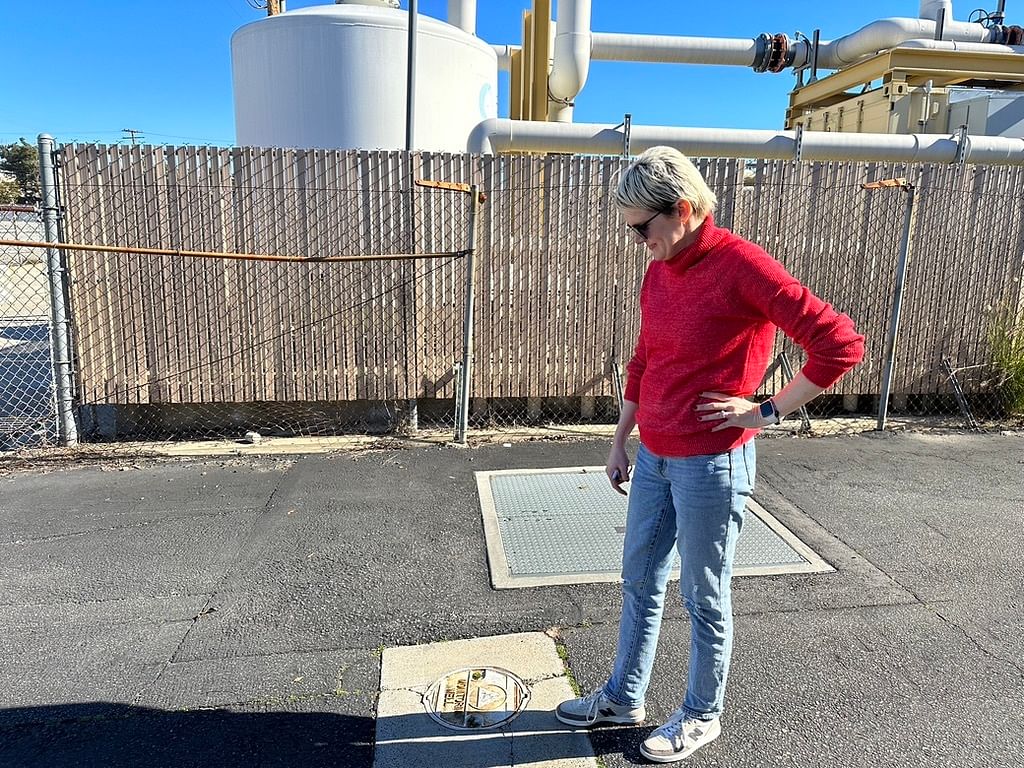Sep 9th, 2024
What Is The Role Of Science in Environmental Law?

By: Megan S. Meadows
Environmental law is more than just knowing the rules—it's about understanding the science behind our planet's challenges. From pollution to climate change, lawyers need to grasp scientific concepts to make strong legal arguments. In this post, we'll look at how science plays a key role in environmental law, helping lawyers tackle complex cases, navigate regulations, and explain tricky topics in court.
Law And Science
Environmental cases are often highly complex legally. This is compounded by the fact that they are also based in a rapidly changing scientific landscape. That’s why understanding science is crucial in environmental law. It helps lawyers tackle complex issues effectively, allowing them to grasp concepts like groundwater contamination and air quality, which in turn allows them to handle cases more effectively. Scientific data and analysis form the basis for assessing the extent of groundwater contamination, identifying potentially responsible parties, and developing strategies for litigation and settlement.
Collaborating with Scientists
When environmental legal questions arise, lawyers must understand and analyze a variety of technical documents. Lawyers and consultants work together closely to understand the implications of scientific investigations. Consultants provide the data; lawyers ask questions to determine any legal effects. Together, they study questions such as how pollutants spread in the environment and methods to clean them up. This teamwork makes legal strategies more effective, and as an advocate for their clients, this is an important part of an attorney’s job.
Navigating Environmental Regulations
Compliance protects clients and the environment. Understanding the science behind regulations allows lawyers to help clients understand how to comply with the law and why it matters. This proactive approach protects clients from lawsuits and penalties.
Science in The Courtroom
Lawyers use scientific knowledge to explain complex ideas clearly in court. The importance of being able to translate highly technical jargon into concepts that judges and juries will understand cannot be overstated—it is crucial to help them understand technical data and its implications for the case. Ultimately, clarifying complex concepts strengthens legal arguments and supports favorable outcomes for clients.
Why It Matters That Your Lawyer Understands The Science
Choosing a lawyer who understands science is crucial in environmental cases. This knowledge allows them to build stronger arguments, protect their clients' interests, and better navigate complex legal challenges. Choosing an environmental lawyer who understands the science is a recipe for more effective representation.
For more insights into environmental issues and updates on regulations, keep exploring our blog posts on PFAS, recent changes to administrative enforcement, and other environmental law topics.